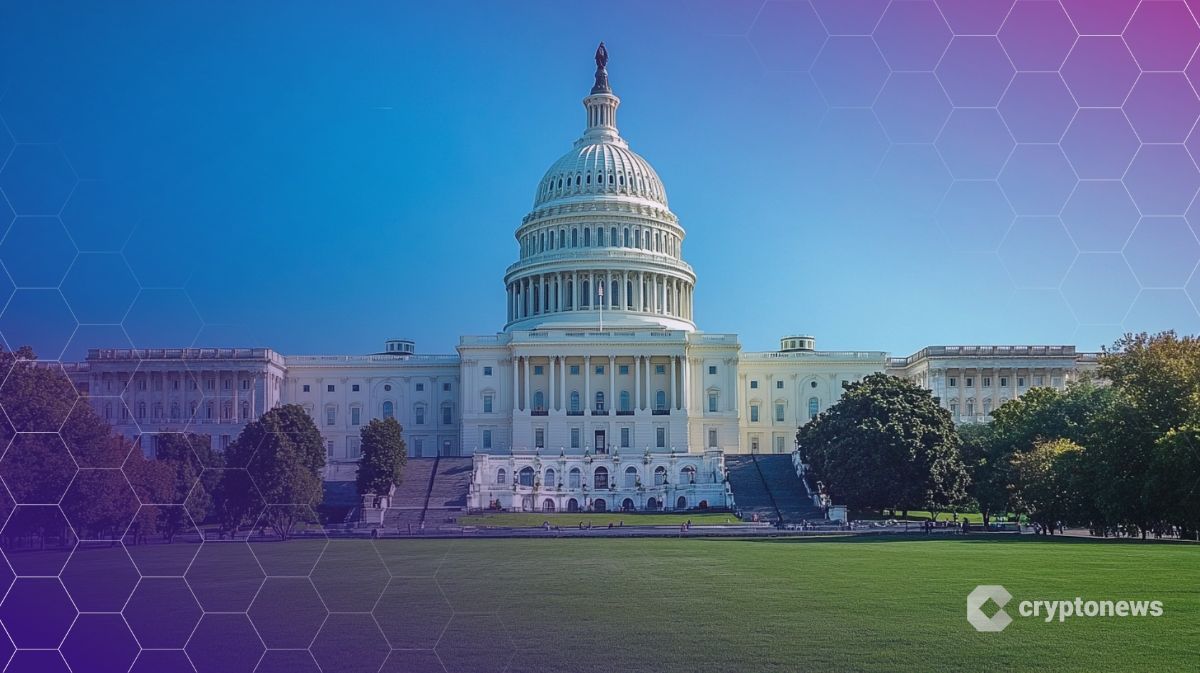DeFi Education Fund Urges Senate to Tread Carefully on DeFi Regulation in Joint Letter

The DeFi Education Fund (DEF), a policy advocacy group backed by an early Uniswap grant, has called on the US Senate Banking Committee to take a more measured approach to DeFi regulation.
Key Takeaways:
DEF urges the Senate to distinguish DeFi developers from intermediaries in regulation. The group warns that current rules risk criminalizing non-custodial software. DEF calls for federal preemption to prevent state-level attacks on DeFi innovation.In a formal response to the draft Responsible Financial Innovation Act of 2025 (RFIA), DEF and a coalition of top crypto firms outlined a framework they believe can safeguard innovation without undermining national security or consumer protections.
The response was co-signed by a16z Crypto, Jito Labs, Jump Crypto, Paradigm, Multicoin Capital, Solana Policy Institute, Uniswap Foundation, Uniswap Labs, and Variant Fund.
DEF Calls for Clear DeFi Rules, Developer Protections in Senate Response
The DEF’s response pushes for four key pillars, including distinguishing between DeFi developers and intermediaries, defining which entities are required to register with federal authorities, setting decentralization criteria, and ensuring technology-neutral rulemaking.
These suggestions come amid the Senate’s call for public feedback on the RFIA, which builds on the earlier CLARITY Act.
Lawmakers say they aim to strike a balance between market growth and financial oversight, but DEF argues that a nuanced understanding of decentralized systems is essential.
One of the more urgent issues raised in the letter involves the ongoing federal case against Tornado Cash developer Roman Storm.
DEF criticizes current FinCEN guidance used in the prosecution, warning that treating non-custodial software code as a financial service sets a dangerous precedent.
“Software that does not take custody or control should not be regulated as an intermediary,” DEF states, urging legislative clarification.
The coalition also emphasized the need for federal preemption to override conflicting state laws.
According to DEF, without preemption, well-funded traditional financial players could exploit state-level loopholes to target DeFi developers and suppress emerging competition.
Andreessen Horowitz Flags Gaps in Draft Crypto Bill
On Thursday, Andreessen Horowitz (a16z) also urged US lawmakers to revisit and revise the draft crypto regulation bill, warning that the current proposal could open legal loopholes and weaken investor protections.
While the draft seeks to clarify the regulatory landscape for digital assets, a16z argues that the framework as written poses legal and structural risks, especially around the treatment of “ancillary assets.”
Ancillary assets refer to digital tokens sold alongside investment contracts, typically without providing buyers with equity, dividends, or governance rights.
a16z said using this category as the foundation for new legislation “without significant modifications” is problematic.
The firm believes this structure contradicts the Howey test, which is the longstanding legal standard for determining whether an asset qualifies as a security under U.S. law.
“Rewriting Howey,” the letter stated, “would depart from settled law and endanger investor protections.”
Instead, a16z supports the CLARITY Act’s narrower definition of “digital commodities” and recommends codifying a control-based decentralization model.
This would assess whether any party retains unilateral control, operational, financial, or governance, over a blockchain system.
According to the firm, decentralization should mark the point at which an asset transitions from a security to a commodity.
The post DeFi Education Fund Urges Senate to Tread Carefully on DeFi Regulation in Joint Letter appeared first on Cryptonews.



